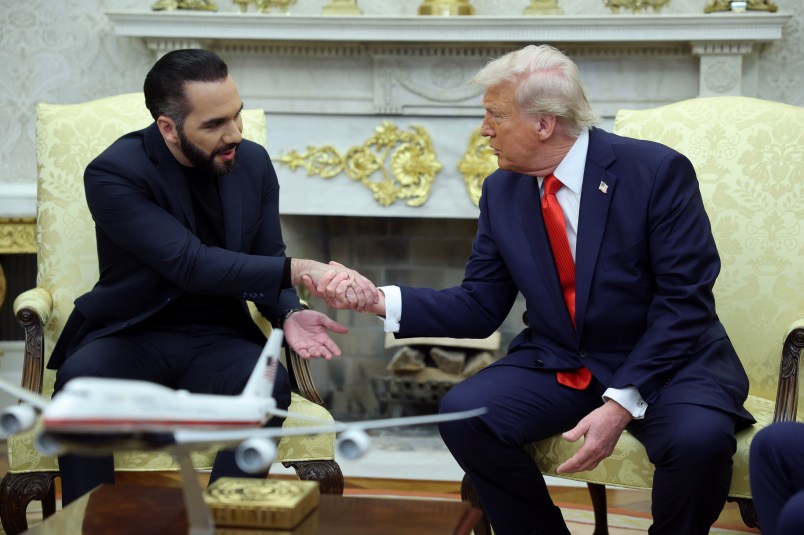Key takeaways:
- President Donald Trump has proposed a controversial plan to deport U.S. citizens convicted of unspecified crimes, raising concerns among immigration advocates and constitutional law experts about the violation of due process rights.
- The meeting between President Trump and El Salvadoran President Nayib Bukele also addressed the deportation of Kilmar Abrego Garcia, a Salvadoran citizen, as part of a broader operation, despite court rulings emphasizing the need for due process.
- Legal experts fear that deporting individuals without due process could set a dangerous precedent for U.S. citizens, undermining constitutional rights and the rule of law, despite the leaders’ focus on domestic crime issues.
In a recent development, President Donald Trump has proposed a controversial plan to deport U.S. citizens who have been convicted of unspecified crimes. This proposal has sparked significant concern among immigration advocates and constitutional law experts, who argue that it challenges the fundamental legal principle that the government must provide due process before depriving individuals of their freedom. The plan was discussed during a meeting at the White House with El Salvadoran President Nayib Bukele.
The meeting between President Trump and President Bukele also addressed the case of Kilmar Abrego Garcia, a Salvadoran citizen who was deported from the United States last month. This deportation was part of a broader operation that saw the removal of over 100 Venezuelans under the Alien Enemies Act. Despite a Supreme Court ruling and a lower court decision that emphasize the necessity of due process, both leaders have stated that they will not seek the release of Garcia, who has been placed in a Salvadoran prison.
The situation has raised questions about the potential implications for U.S. citizens. Legal experts are concerned that if an immigrant, alleged to be a gang member, can be deported without due process, similar actions could be taken against U.S. citizens. This scenario has been described as nightmarish by advocates who emphasize the importance of upholding constitutional rights.
In their statements, both President Trump and President Bukele highlighted the issue of domestic crime, referencing incidents involving violence in public spaces. However, the decision to deport individuals without due process has been met with criticism from those who argue that it undermines the rule of law and sets a concerning precedent for future actions.



Be First to Comment